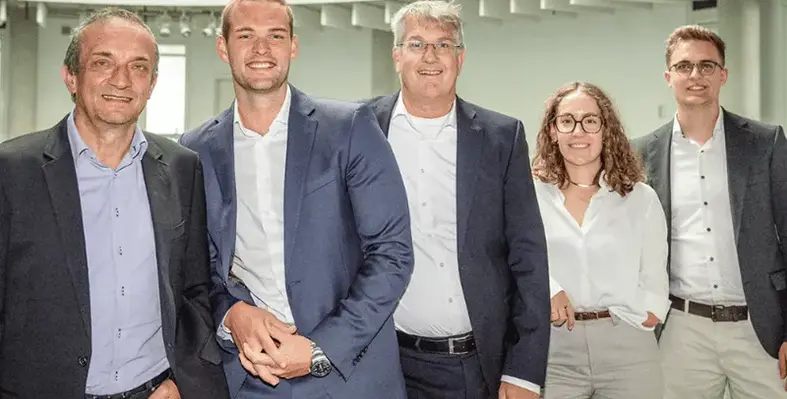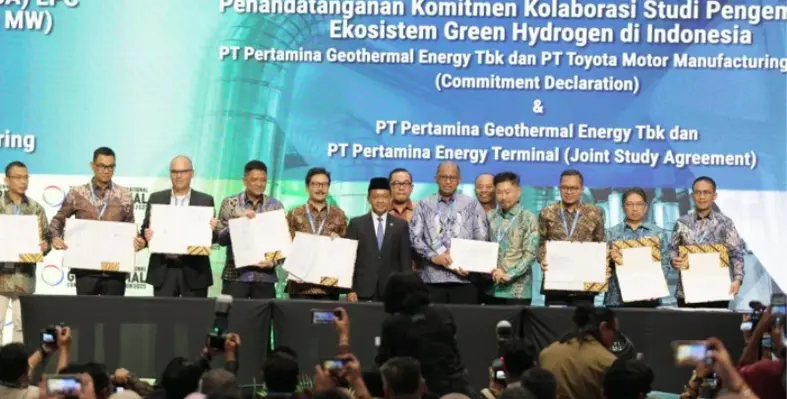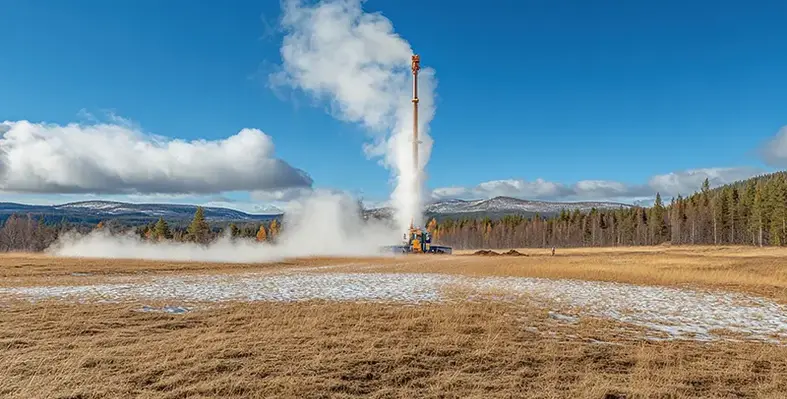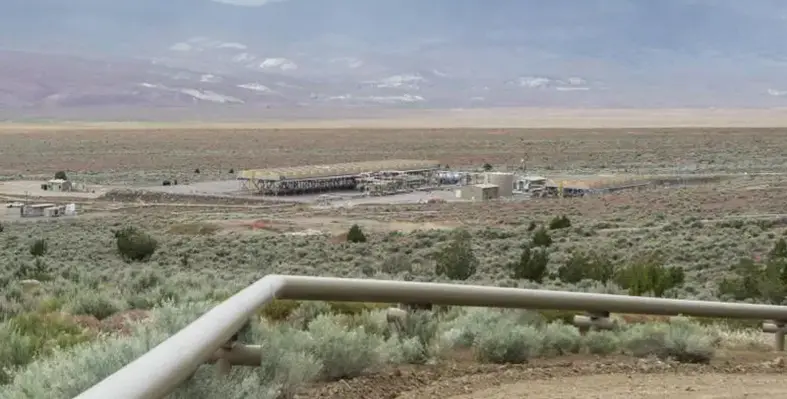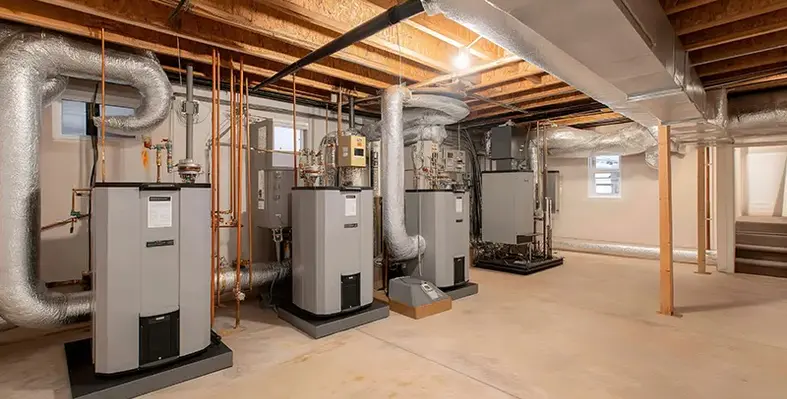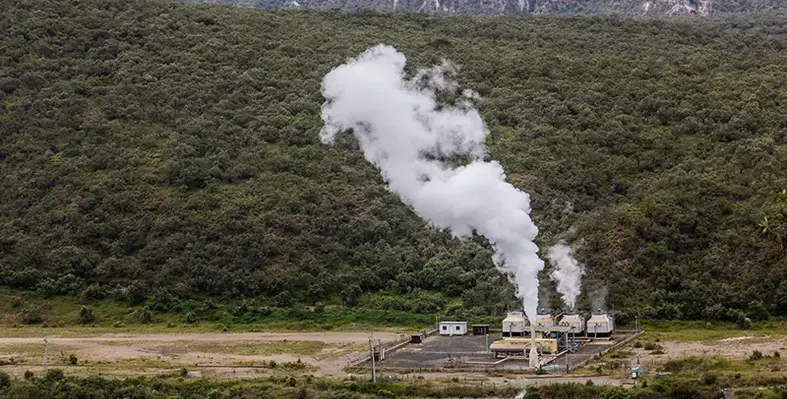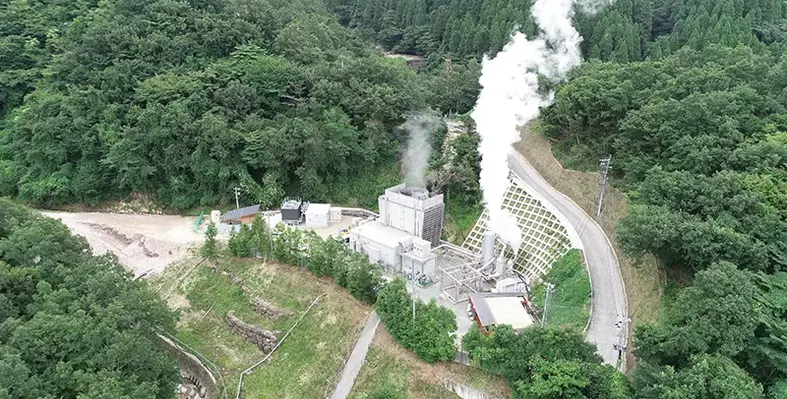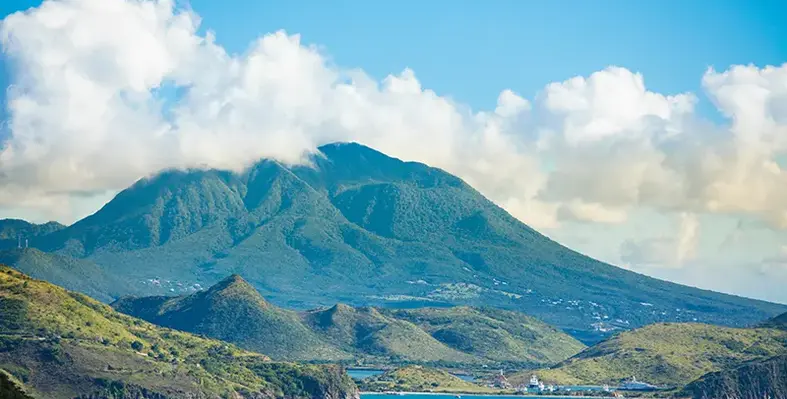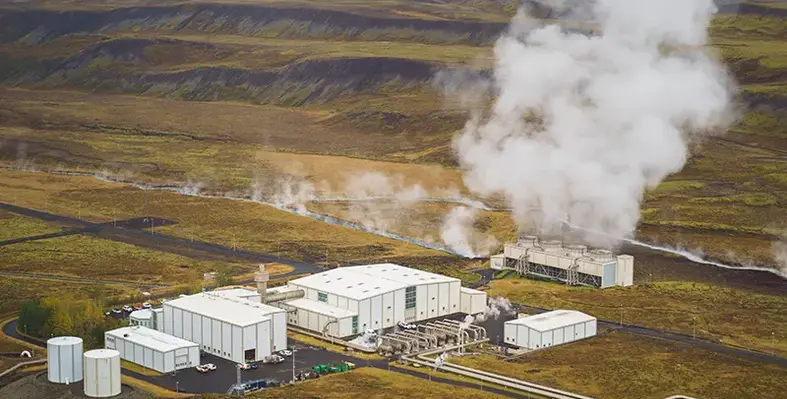Latest News
Latest News
- Region: Europe
- Topics: Geothermal
- Date: 19 September, 2025
Factor2 Energy, a young Duisburg-based company with a bold vision for clean power, has successfully closed its Seed funding round, raising €7.7 million in venture capital.
- Region: Asia Pacific
- Topics: Geothermal
- Date: 18 September, 2025
PT Sarana Multi Inftastruktur (PT SMI) has signed an agreement with Ormat Geothermal Indonesia to explore the potential financing options for geothermal exploration in Wapsalit, Maluku, and Toka Tindung, North Sulawesi.
- Region: North America
- Topics: Geothermal
- Date: 17 September, 2025
Rodatherm Energy Corporation, a geothermal start-up, has successfully raised US$38mn in a Series A funding round.
- Region: North America
- Topics: Geothermal
- Date: 16 September, 2025
The US’ Bureau of Land Management (BLM) has accepted winning bids on nine parcels of land in Idaho covering nearly 24,355 acres, in a geothermal lease sale that has netted US$4.4mn in total receipts.
- Region: North America
- Topics: Geothermal
- Date: 15 September, 2025
Dig Energy, a New Hampshire-based startup, has raised US$5mn in venture funding to bring its compact geothermal drilling technology into pilot deployment.
- Region: Europe
- Topics: Geothermal
- Date: 12 September, 2025
The French Development Agency (AFD) has signed a cooperation pact with Kenya to accelerate the development of geothermal energy across the East Africa region.
- Region: North America
- Topics: Geothermal
- Date: 11 September, 2025
Baker Hughes and Controlled Thermal Resources have entered into a definitive agreement for the development of up to 500MW of baseload geothermal power at the Hell’s Kitchen site in California.
- Region: Asia Pacific
- Topics: Geothermal
- Date: 10 September 2025
GreenFire Energy and TOYO Engineering Corporation have entered into a partnership to deploy advanced geothermal solutions in the Asia Pacific region.
- Region: Asia Pacific
- Topics: Geothermal
- Date: 8 September, 2025
Swedish company Baseload Capital has announced a strategic investment in Japanese geothermal energy developer Furusato Netsuden.
The partnership aims to unlock Japan’s untapped geothermal potential and build a replicable model for sustainable energy development worldwide.
Combining a global investment portfolio with a community-rooted business model, the partnership aims to scale clean, renewable energy, “revitalising local economies while honouring cultural heritage,” a statement by Baseload Capital noted.
“Furusato Netsuden has successfully proven that community-based geothermal development works,” said Alexander Helling, CEO, Baseload Capital.
“Through this first investment, we’re proud and humbled to partner with them in scaling this approach, combining local engagement with sustainable energy development. Together, we aim to help Japan reach its 1.5 GW geothermal goal and strengthen national energy resilience.”
Furusato Netsuden brings deep local roots and operational expertise to the partnership, while Baseload Capital contributes international investment, global reach and the power of committed owners such as Google and Breakthrough Energy Ventures.
Japan has the third largest geothermal potential globally, with an estimated 23 GW, yet its current installed capacity is only 576 MW.
“This represents a major untapped opportunity for a country whose Green Transformation (GX) Strategy aims for net-zero emissions by 2050.,” the statement added.
“Geothermal energy is clean, always-on, and space-efficient. That makes it an ideal solution for a mountainous, densely populated nation with high reliance on energy imports and growing clean-energy demand from AI and data centres.”
The country’s geothermal development has been slow, in part, because there is no common business model that enables communities to share in the benefits, the statement noted.
“However, Furusato Netsuden and its local partners have developed a system to ensure communities benefit directly from geothermal energy.”
In 2011, residents of the Waita area in Oguni Town, Kumamoto Prefecture, formed the limited liability company Waita-kai, which is owned by the community.
In partnership with Furusato Netsuden, they set out to develop geothermal power together in a way that would revitalise the community. The name Furusato Netsuden combines the words for “hometown”, “heat” and “electricity”.
This model protects local land rights, ensures development is carried out on a scale appropriate for the area, and guarantees some of the revenues are re-invested in the community. Furusato Netsuden and Waita-kai regularly hold meetings with residents to share updates on operations, development, and environmental monitoring.In 2015, the 2MW capacity Waita No. 1 geothermal power plant began commercial operation.
Waita No. 2, currently under construction, is expected to deliver 5MW and go online in March 2026.
In addition to the 7MW currently operating or under construction in Waita, the overall portfolio includes a tangible pipeline of projects across Japan that are expected to deliver an additional 30-plus megawatts over the next five to ten years.
“Since 2020, we’ve built a foundation of trust with Baseload Capital, and seen that they are a committed, long-term partner in Japan’s energy transition,” said Kazuyuki Akaishi, Representative Director, Furusato Netsuden.
“Their role as a strategic investor provides financial stability for our current and future projects. They also bring valuable global resources, including technology, business insights and an international network of investors and energy partners.”
- Region: North America
- Topics: Geothermal
- Date: 5 September, 2025
The Bureau of Land Management (BLM) has announced it will host a competitive geothermal lease sale on October 21, 2025, featuring 113 parcels that cover a combined 377,678 acres across multiple Nevada counties, including Churchill, Esmeralda, Elko, Eureka, Humboldt, Lander, Lyon, Mineral, Nye, Pershing, and Washoe.
- Region: North America
- Topics: Geothermal
- Date: 1 September, 2025
The St. Kitts and Nevis geothermal power project is inching forwards as some of the industry’s top names compete to take part in drilling work, which is set to commence next year.
The 30-megawatt geothermal plant, once operational, is expected to provide baseload renewable energy for both Nevis and St. Kitts, delivering cleaner, more affordable electricity and advancing the Federation’s goal of true energy independence.
The Organisation of Eastern Caribbean States Commission (OECS) confirmed recently another major milestone in the journey with the official opening of bids for the production drilling phase.
A total of five bids from internationally recognised firms were received for the initiative on Nevis, including from some well-known industry players.
The five companies that submitted bids are:
Iceland Drilling Company (Iceland)
Marriott Drilling (UK)
Consortium Drilling (UK)
Ormat Technologies Inc. (USA)
IPS-USA (USA)
Drilling to produce geothermal energy to drive an electric turbine at Hamilton Estate is expected to begin in early 2026 following the awarding of the contract to the successful bidder, the OECS reported.
The strategic energy project has received international funding from a variety of lenders and donors including the Caribbean Development Bank, the Inter-American Development Bank, and the Saudi Fund for Development, reflecting its significance for the country and the whole region.
St. Kitts and Nevis will become the third OECS member state to develop a geothermal power plant, following Dominica’s planned inauguration of a 10-megawatt plant in the Roseau Valley at Christmas 2025.
Guadeloupe has been producing about 5% of its electricity from geothermal sources since 1986.
- Region: North America
- Topics: Geothermal
- Date: 2 September, 2025
Baker Hughes, a global energy technology company, has secured an award from Fervo Energy Company, a pioneer in next-generation geothermal energy, to design and supply equipment for five Organic Rankine Cycle (ORC) power plants at Fervo’s Cape Station project near Milford, Utah, United States.

